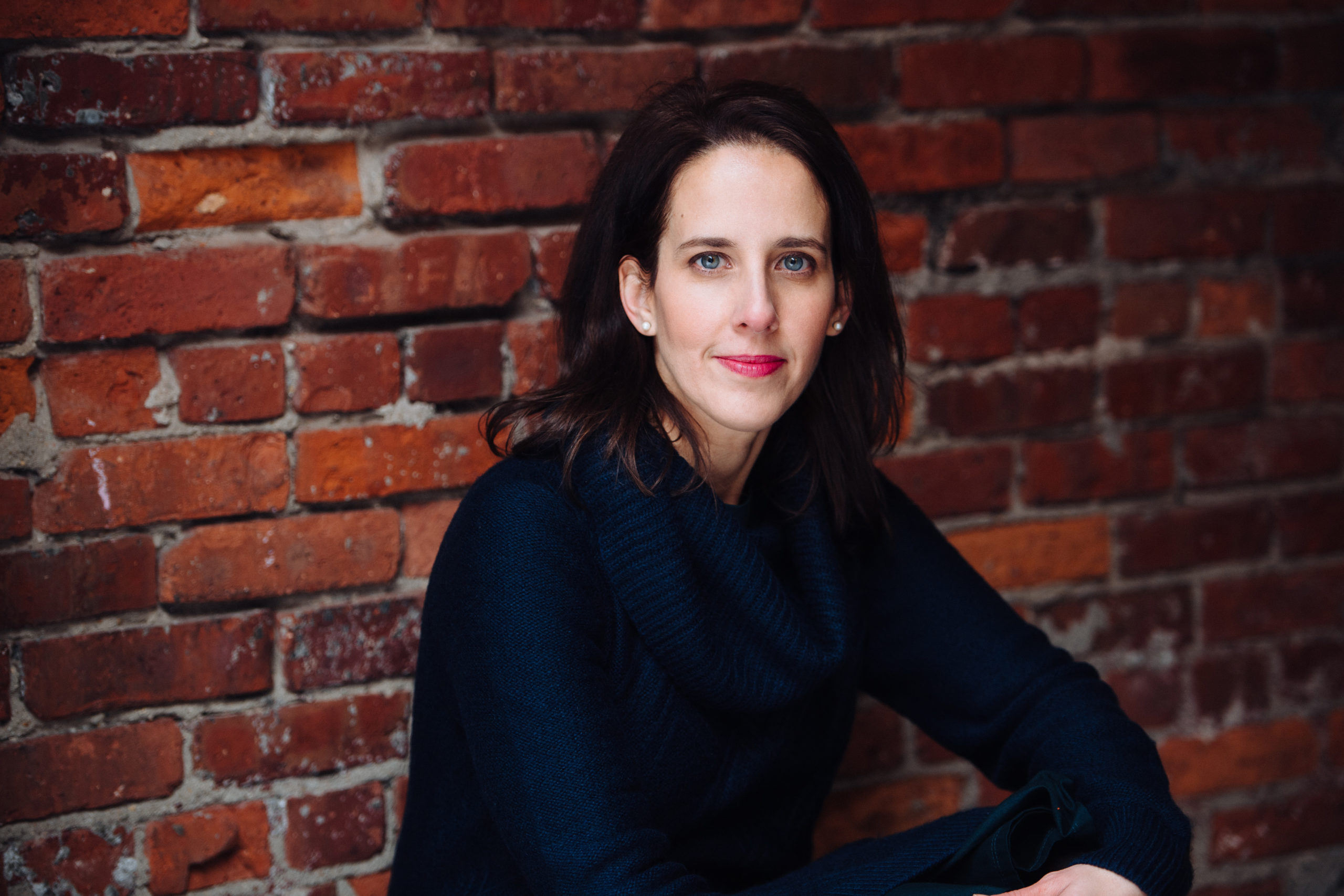A friend whom I’ve come to know through this blog emailed me this the other day. (Thank you, Anne) It’s from “The Brain in Love” by Daniel G. Amen, MD:
“What happens in the brain when you lose someone you love? Why do we hurt, long, even obsess about the other person? When we love someone, they come to live in the emotional or limbic centers of our brains. He or she actually occupies nerve-cell pathways and physically lives in the neurons and synapses of the brain. When we lose someone, either through death, divorce, moves, or breakups, our brain starts to get confused and disoriented. Since the person lives in the neuronal connections, we expect to see her, hear her, feel her, and touch her. When we cannot hold her or talk to her as we usually do, the brain centers where she lives becomes inflamed looking for her. Overactivity in the limbic brain has been associated with depression and low serotonin levels, which is why we have trouble sleeping, feel obsessed, lose our appetites, want to isolate ourselves, and lose the joy we have about life. A deficit in endorphins, which modulate pain and pleasure pathways in the brain, also occurs, which may be responsible for the physical pain we feel…”




THe first book matt and I read together was called "a general theory of love" – and it talks about the limbic connection, how we become each other, the ones we are closest to, through limbic resonance. And when I think of that, the way it gets "reduced" to science and brain chemistry, I still have to add – but it does that. Our brains are designed to bring us together so closely, we live in each others nerves and truly do become part of each others bodies and being.
That book also talks about how and why loss is so difficult, how our rhythms are thrown off and destroyed. My cadence is looking for matt, and can't find it. How can that even be real.
Thanks for this post Julia…being that neuropsychology is my specialty I especially enjoyed this info! The distinction between the brain and the mind are fascinating to me…such a tenuous connection between them. I have a quote on my wall at work that reads: "If the brain were so simple we could understand it, we would be so simple we couldn't." I'm not sure if we're meant to really understand it at all…another one of the great mysteries.
Glad you found this intriguing, Julia.
I am attracted to Dr. Amen's explanation for the physical ache, even torture, of grief/loss because I crave a biological/chemical explanation for human emotions and behaviors. On the other hand, I consider myself very spiritual and sometimes religious, and Amen's model works for that side of me, too: Our physical brains are made for attachment and love.
It's simplistic to call this a grand design concocted by an overarching intelligence, but I do yearn to consider our capacity for love a signpost in the cosmic wilderness of "why".
(And how appropriate that the author's last name is AMEN. Indeed.)